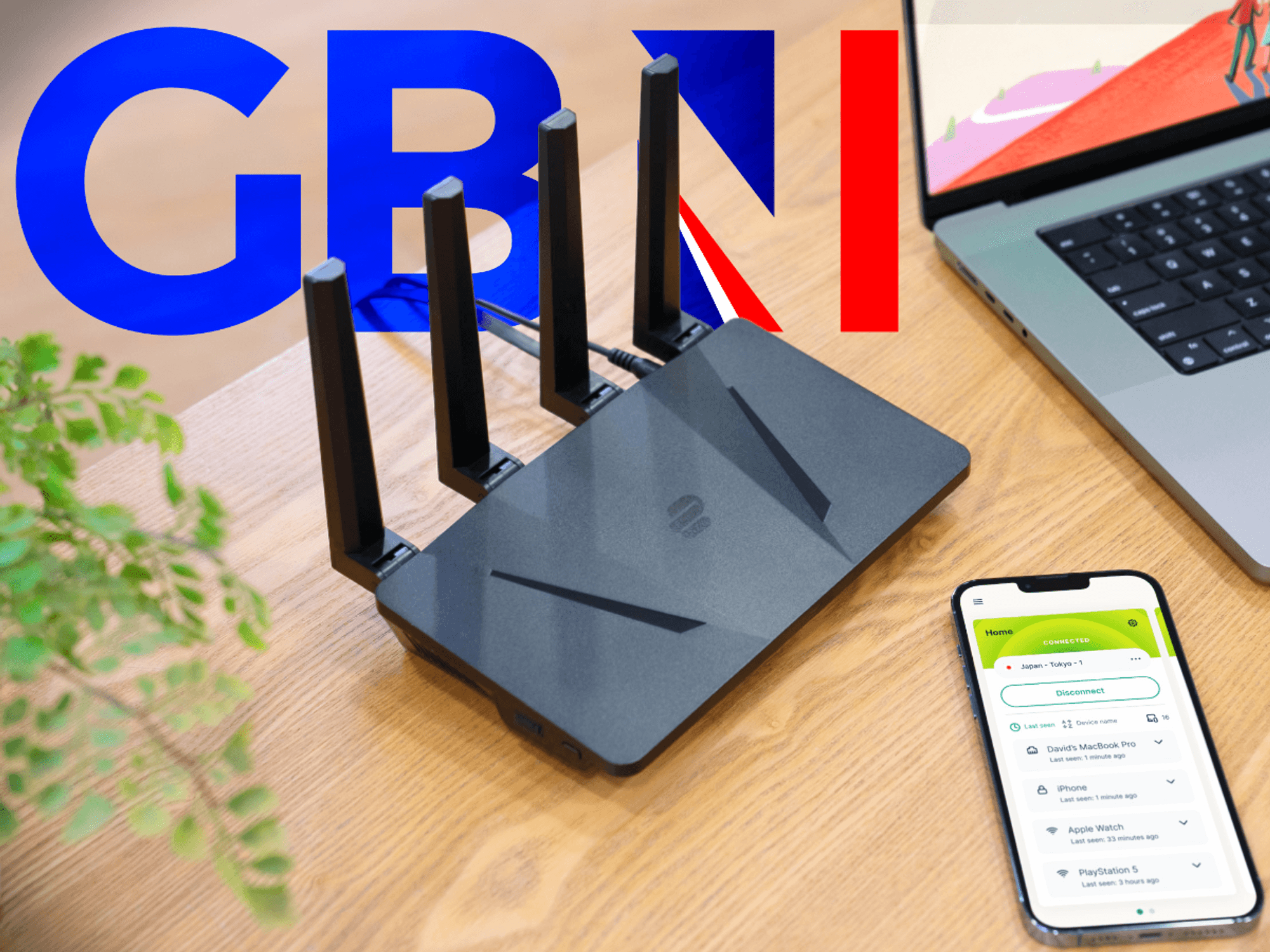Summer Covid variant is on the rampage - everything we know so far...

A new strain called KP.3, part of the FLiRT family of coronaviruses, is spreading across the UK
|Getty

A new Covid variant from the "FLiRT" family is driving up infection rates in the UK
Don't Miss
Most Read
A fresh summer wave of Covid is set to spread across the UK as a hyper-contagious variant pushes infection rates.
According to data released in June this year, Covid infections have jumped by almost a quarter in one week in the UK.
The new strain called KP.3 is part of the FLiRT family of coronaviruses and is similar to the previous KP.2 variant from the Spring.
At the moment, experts are not aware if the KP.3 wave will be bigger than KP.2 however, it is expected to be a more Covid-prevalent summer than last June and July.
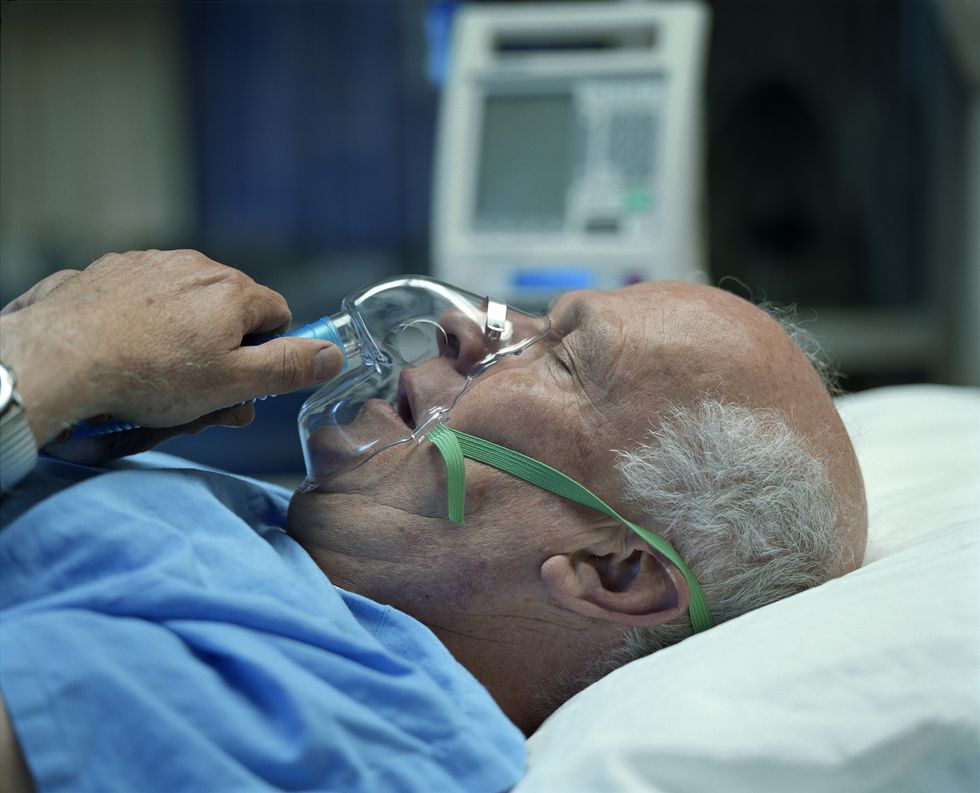
Hospital admissions rose by 24 per cent in one week, from 2.67 people per 100,000 to 3.31 per 100,000
| Getty ImagesWhere is it happening?
The new variant is circulating around the world including in the UK, but is dominating in the U.S.
Across the pond, Covid cases are rising in 34 states and territories, according to the Centers for Disease Control and Prevention (CDC).
Sewage testing has shown "very high" levels of viral activity in states including Florida, Hawaii, and Montana and "high" levels in Alaska, California, Connecticut, Georgia, Maryland, and New Mexico, per the CDC.
The CDS also reported that emergency department visits due to Covid have risen 12.6 per cent over the week ending June 8, however, hospitalisations remain low.
In the UK, a June report showed hospital admissions rose by 24 per cent in one week, from 2.67 people per 100,000 to 3.31 per 100,000, according to the UK Health Security Agency.
This is lower than the peak of the spring wave ending over a month ago and far below levels seen last autumn and winter
However, laboratory tests show that "positivity rates" for Covid rose by 19 per cent in a week from 8.4 to 10 per cent.
Furthermore, GP tests show positivity rates increasing by 13 per cent, from 4.7 per cent to 5.3 per cent over the same period.
Experts suggest this increase gives an indication that Covid cases are rising and are expected to continue rising into the summer.
Professor Christina Pagel, of University College London said: "We should definitely expect a June covid wave, bigger than May but hopefully not as big as the JN.1 winter wave.
“I don’t know whether the KP.3 wave will be bigger than the KP.2 May wave, but I am pretty sure that it will cause another wave making this summer a more Covid-prevalent summer than last year where June and July were very quiet months.”
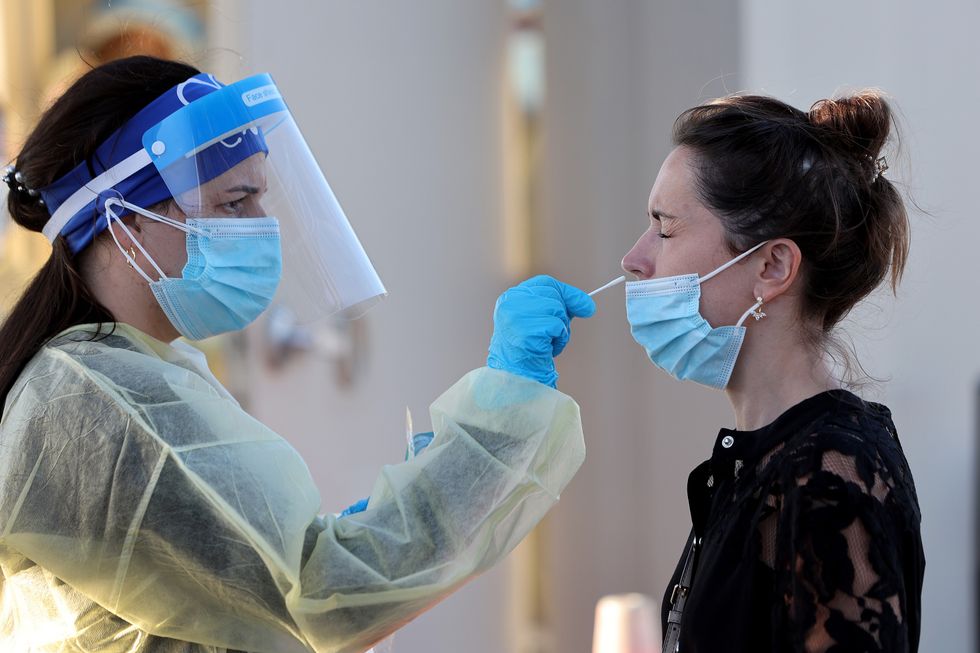
Laboratory tests show that "positivity rates" for Covid rose by 19 per cent in a week from 8.4 to 10 per cent
|Getty
What are the symptoms?
So far, symptoms for the new FLiRT variant look similar to previous strains.
The most common Covid symptoms include respiratory issues like coughing, runny nose, congestion and a sore throat.
Symptoms can also include fever, vomiting, diarrhoea, nausea, body aches, fatigue, headaches and a loss of taste or smell.
The NHS website advises avoiding being in close contact with people at increased risk of getting ill from Covid, if you have symptoms or test positive.
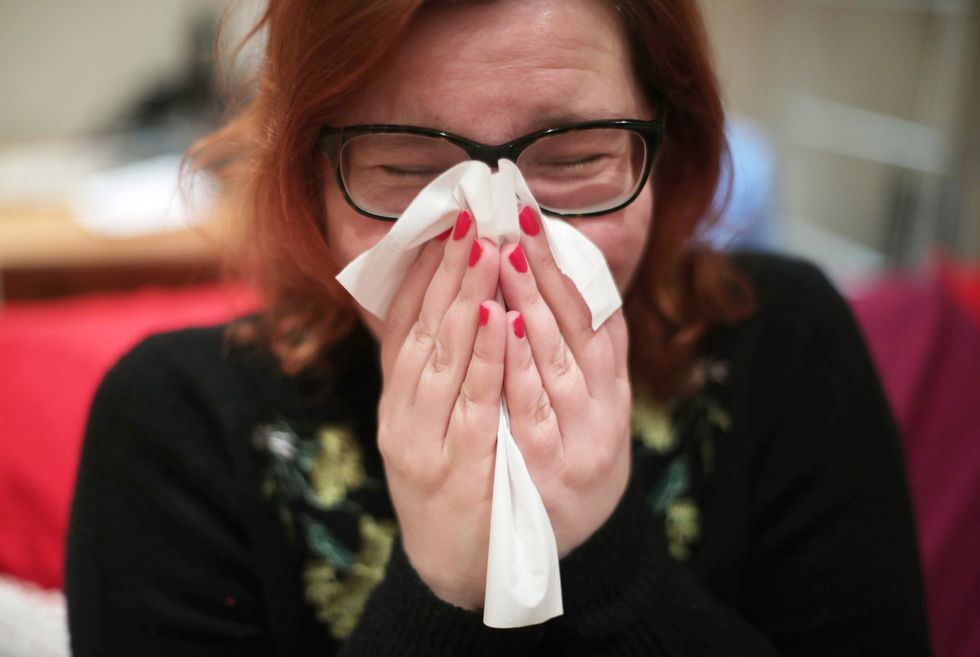 The most common Covid symptoms include respiratory issues like coughing, runny nose, congestion and a sore throat | PA
The most common Covid symptoms include respiratory issues like coughing, runny nose, congestion and a sore throat | PAWhy is it spreading now?
There are several reasons why Covid may be surging in the summer months including travel, a lack of immunity and the transmissibility of the new strain.
Pagel said: The May wave was likely driven by a combination of waning immunity and the growth of the KP.2 coronavirus variant."
Some experts believe that mutations make it easier to evade people's immunity and that KP.2 and KP.1.1 are more transmissible than previous strains.
Dr. Andrew Pekosz, a virologist at Johns Hopkins University explained data suggests KP.2 may be "rather transmissible" since its two new mutations help “its ability to transmit, but also now evades some of the pre-existing immunity in the population."
As people jet off across the world on their summer holidays, Covid is likely to spread as people congregate close together in small aeroplane cabins and airport terminals.
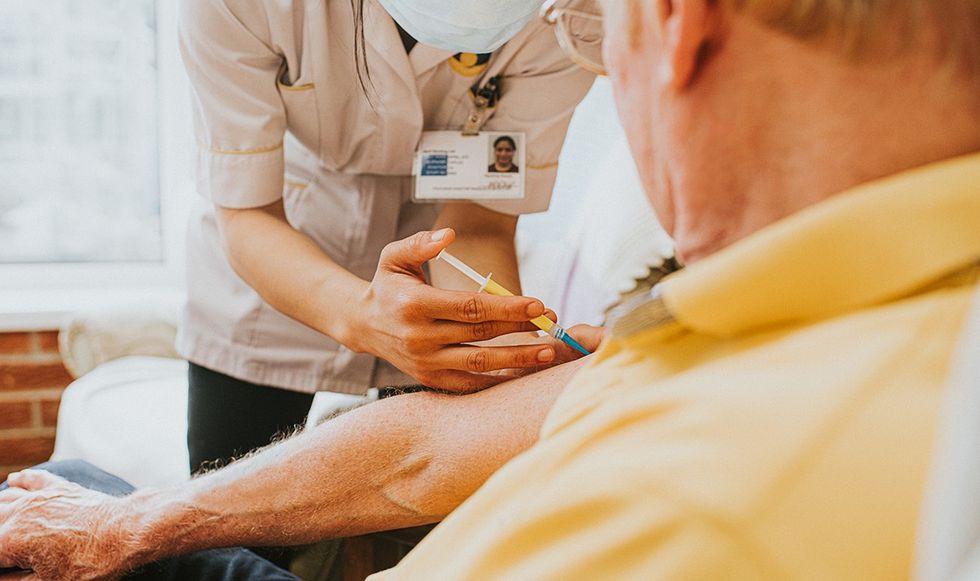 Vaccines remain our best defence against severe disease and hospitalisation from flu and COVID-19 | Getty Images
Vaccines remain our best defence against severe disease and hospitalisation from flu and COVID-19 | Getty ImagesLATEST NEWS:
Should I be worried?
There is no evidence to suggest this latest strain poses a greater health concern to the general population than previous ones.
Years of vaccination and infections mean that people are able to fight off an infection without as much concern for severe disease.
However, the UKHSA advises that if you have Covid symptoms you should avoid contact with vulnerable people and stay at home if possible.Vaccines remain the best defence against severe disease and hospitalisation from flu and COVID-19.
Over 75s, or those with a weakened immune system, are advised to get their spring vaccination. If you’re eligible, you can get a spring COVID-19 vaccine by:
⦁ Booking online
⦁ Going to a walk in COVID-19 vaccination site
⦁ Booking on the NHS App
⦁ Talking to a local NHS service, such as a GP surgery
⦁ Talking to your care home








